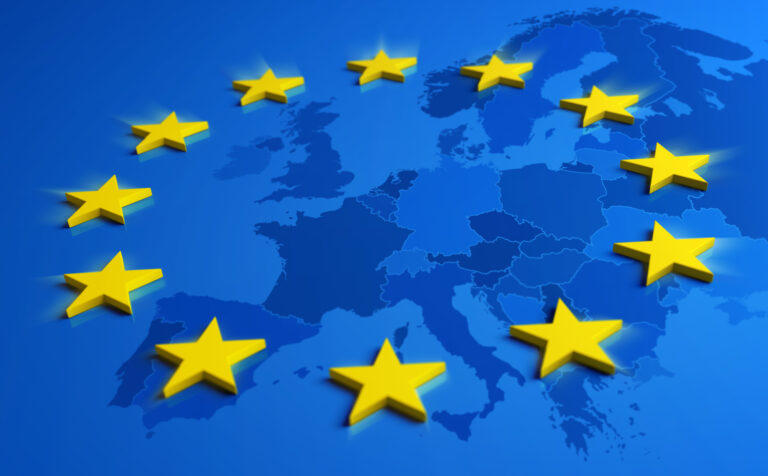Add to favorites:
Share:
This call aims to develop validated prototypes of next-generation vehicle and infrastructure-based environment perception technologies to enhance the robustness, reliability, and trustworthiness of Connected, Cooperative, and Automated Mobility (CCAM) operations in complex real-world conditions. Projects should focus on advancements in all steps of the sense-control-act process, utilizing digital enabling technologies like AI at the edge, machine learning, and suitable software architectures. The goal is to improve energy efficiency, reduce costs, ensure scalability, and adopt circular, eco-design approaches for environment perception systems. Solutions should integrate electronic hardware architectures and software stacks, considering energy and resource consumption in both production and operation.
Opening Date: 16 September 2025
Deadline: 13 January 2026
Data provided by Sciencebusiness.net
This funding opportunity represents a pre-agreed draft that has not yet been officially approved by the European Commission. The final, approved version is expected to be published in the first quarter of 2025. This draft is provided for informational purposes and may be used to preliminarily form consortia and develop project ideas, but it is offered without any guarantees or warranties.
Expected Outcome
Projects are expected to deliver validated prototypes of next-generation environment perception technologies, understand the capabilities and limits of automated perception systems, improve energy efficiency and reduce environmental footprints, standardize modular and upgradable platforms, and contribute to cost reduction and improved affordability of CCAM technologies.
Scope
The call focuses on addressing challenges in environment perception and decision-making for automated vehicles, aiming to enhance performance, accuracy, reliability, and cybersecurity. Projects should develop advancements in vehicle and infrastructure-based smart sensor systems, utilize digital enabling technologies, adopt modular and open software platforms, and focus on energy efficiency and circularity. International collaboration is encouraged to learn from global trials and adapt solutions to European contexts.
Partner Requests
Explore Real Collaboration Opportunities
🔍 As a logged-in member, you now have exclusive access to all active Partner Requests for this Funding Call.
See who’s looking for collaborators, explore exciting project ideas, and discover how others are planning to make an impact.
💡 Use these insights to get inspired—or take the next step and start a request of your own (first 3 entries for free).
Log in or registrate here for free.
Ask our experts about this call
Connect with the Listing Owner!
💬 Please log in now to send a direct message to our experts and ask your questions. Not a member yet? Sign up for free and start connecting today!
Related Funding and Finance Opportunities
Unlock Exclusive Funding Opportunities!
🔑 Get instant access to tailored funding opportunities that perfectly match your needs. This powerful feature is exclusively available to our premium members—helping you save time, stay ahead of the competition, and secure the right funding faster.
Upgrade to Premium now and never miss an important opportunity again! Already a premium member? Log in here to explore your matches.
Related Innovation Offers
Discover Tailored Innovation Offers!
🚀 Gain access to technology solutions that match your specific needs and interests—carefully selected to support your innovation goals. These offers are exclusively available to our premium members, helping you identify relevant technologies faster and start the right conversations with potential partners.
Upgrade to Premium now and explore your personalized technology matches today! Already a premium member? Log in here to view your tailored offers.
Related Knowledgeable Resources
Discover More with Premium: Related Knowledge Resources
🔒 You’re missing out on expert-curated knowledge specifically matched to this topic. As a Premium member, you gain exclusive access to in-depth articles, guides, and insights that help you make smarter decisions, faster.
Whether you’re preparing a funding proposal, researching a new market, or just need reliable information—our Premium knowledge matches save you hours of research and point you directly to what matters.
Upgrade to Premium now and instantly unlock relevant knowledge tailored to your needs! Already a member? Log in here to view your personalized content.

